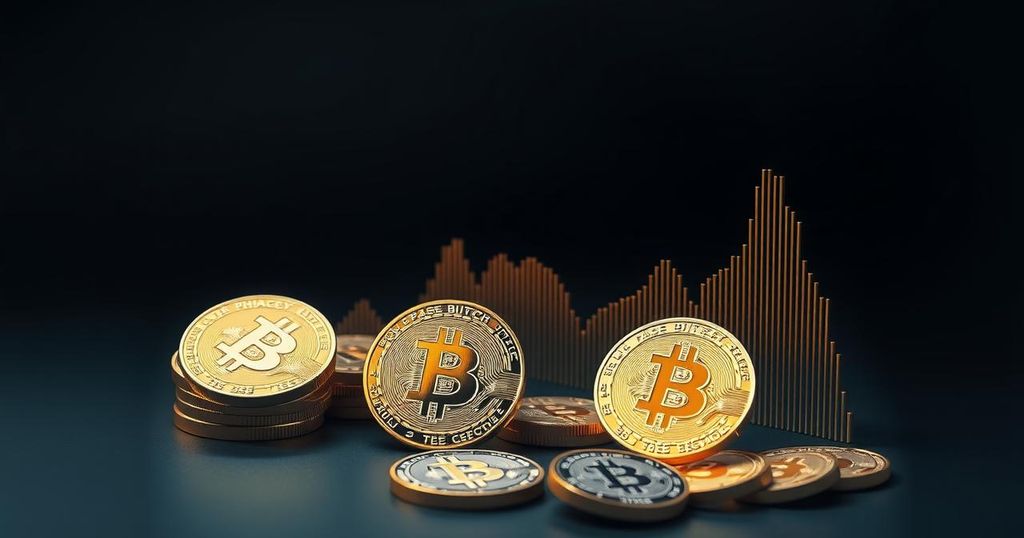China’s Pivot: From US Treasurys to Gold and Bitcoin Explored by BlackRock
BlackRock’s Jay Jacobs suggests that China and other countries might be moving away from US Treasurys to explore gold and Bitcoin as safer asset options, driven by geopolitical tensions and economic uncertainty. Recent events like the freezing of Russian assets have intensified this trend. Jacobs highlights growing demand for uncorrelated assets, noting Bitcoin’s evolving role as a potential safe haven alongside gold.
China appears to be shifting its focus from US Treasurys towards alternatives like gold and cryptocurrencies, particularly Bitcoin. Jay Jacobs, who heads the thematic and active ETFs at BlackRock, recently shared these insights during an interview on CNBC. He remarked that escalating geopolitical tensions and increasing global uncertainty are prompting central banks to reconsider their asset allocation strategies.
The move away from dollar-denominated reserves toward assets such as gold and Bitcoin has been noticeable over the years. Jacobs stated that this trend likely started three to four years ago. Recent geopolitical shifts have made it imperative for these institutions to seek other forms of value storage that are less dependent on traditional assets.
He mentioned the notable case of $300 billion in Russian central bank assets being frozen following the invasion of Ukraine, which he believes has instigated a major rethink among countries like China regarding their reserve strategies. Growing geopolitical fragmentation is redefining how nations engage with the global market landscape.
Jacobs has labelled this fragmentation as a critical driving force for global markets going forward, emphasising that demand for uncorrelated assets is rising. Bitcoin is increasingly being positioned alongside gold as a safe-haven asset. Notably, he highlighted the substantial inflows seen into gold ETFs and Bitcoin, indicating that investors are searching for assets with differing behaviours amid economic uncertainty.
Interestingly, Jacobs isn’t alone in his assessment. Other analysts have underscored Bitcoin’s decreasing correlation with US equities. Recent comments by Alex Svanevik, co-founder of crypto intelligence platform Nansen, noted Bitcoin’s evolution into a more mature global asset, likening it to gold rather than Nasdaq stocks.
Furthermore, Bitcoin has shown resilience during current economic turmoil compared to many alternative coins and major indexes such as the S&P 500. QCP Capital also commented on Bitcoin’s rising profile as a hedge against macroeconomic instability, suggesting that if this trend continues, it may catalyse greater institutional investment into Bitcoin.
Ultimately, in a world marked by geopolitical tensions, both Bitcoin and gold could potentially see increased popularity as investors look for stability.




Post Comment